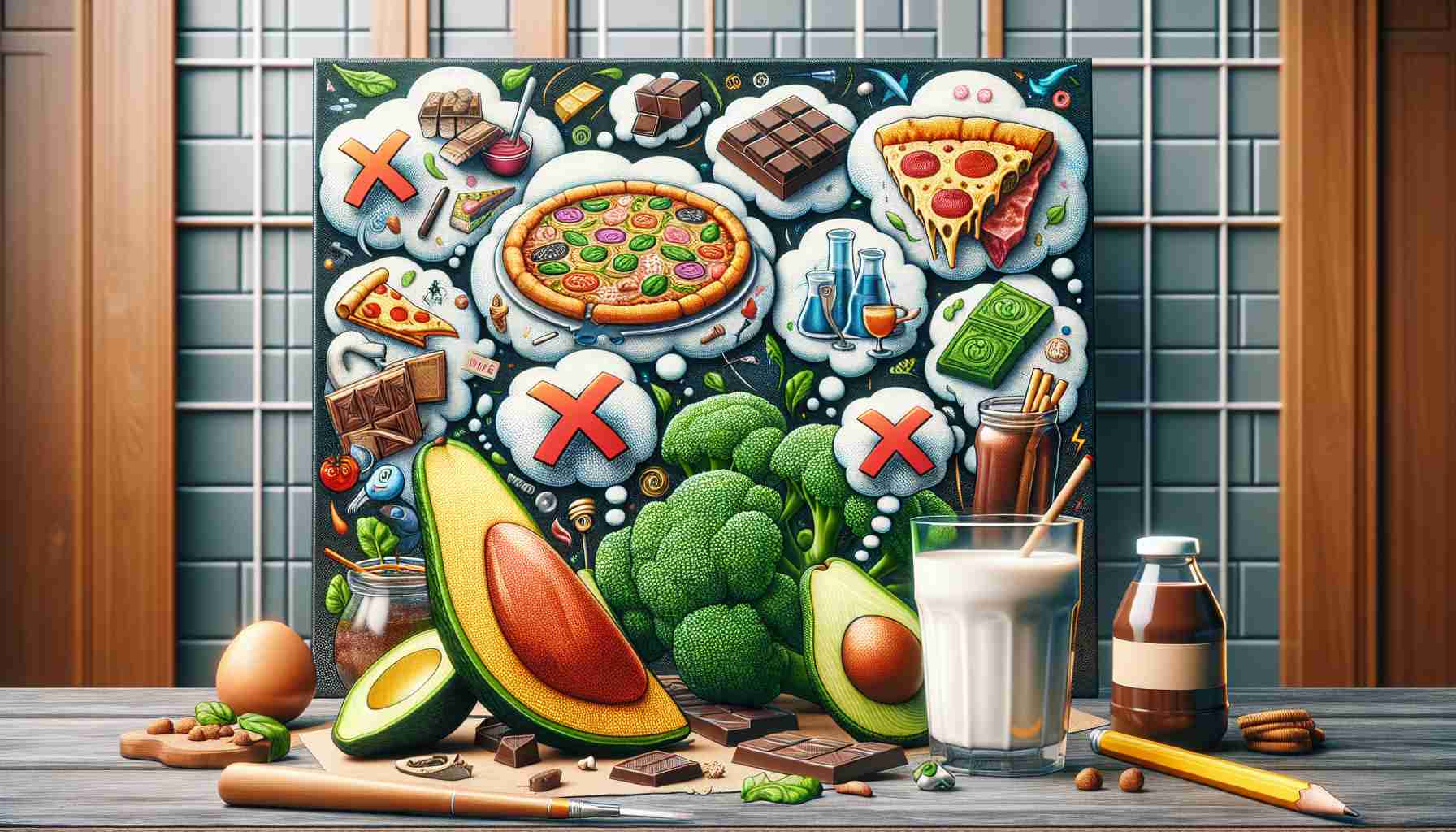Myth: Steaming pumpkin results in plastic fibers. A video circulating online wrongly suggests that steaming fresh pumpkins leads to the generation of plastic fibers. However, investigations reveal that the video is fabricated, created with the intention of spreading false information. The individual responsible is facing administrative penalties for disseminating fake news.
Myth: Not eating melons helps in weight loss. There’s a myth circulating that melons, despite their sweet taste, have high sugar content and should be avoided by those looking to shed pounds. The reality is quite the opposite. Melons are low in calories, with values not exceeding 40kcal/100g as per the Chinese Food Composition Table. Weight-conscious individuals can enjoy melons in moderation without fear of gaining weight.
Myth: Overdosing on fever-reducing medicine accelerates recovery. Rumors claim that consuming large amounts of antipyretic medication can speed up the fever-reduction process. In fact, self-medicating with excessive doses of fever reducers without proper medical guidance can be extremely dangerous. Proper dosages are carefully determined to ensure both the effectiveness and safety of the medication. Always adhere to the prescribed dosage instructions or medical advice to avoid potential adverse effects. Remember, safety comes first when managing fevers.
Let’s remain vigilant against misinformation and always verify facts before sharing them to promote accurate knowledge and sustain a healthy community.
Debunking Myths: Exploring More Misconceptions about Food and Health
As we strive to navigate the plethora of information available about food and health, it is essential to differentiate between fact and fiction. Let’s delve into some lesser-known myths that continue to circulate, shedding light on the truth behind them.
Myth: Raw vegetables are always healthier than cooked ones.
One common belief is that consuming vegetables raw preserves all their nutrients, making them superior to their cooked counterparts. While some nutrients are indeed more accessible in raw veggies, cooking can also enhance the bioavailability of certain nutrients, such as lycopene in tomatoes. The key lies in striking a balance between raw and cooked vegetables to reap the full spectrum of health benefits.
Myth: Skipping breakfast aids in weight loss.
The idea that skipping breakfast leads to shedding pounds has been a popular notion in weight management circles. However, studies show that breakfast skippers tend to compensate for missed calories later in the day, potentially leading to overeating. A well-rounded breakfast can kickstart metabolism and provide sustained energy throughout the day, contributing to healthy weight management.
Key Questions:
1. What role does portion control play in maintaining a balanced diet?
2. How can individuals discern credible nutrition information from misleading myths?
Challenges and Controversies:
Navigating the ever-evolving landscape of nutritional advice poses a significant challenge. Conflicting studies and opinions can create confusion, making it crucial for individuals to consult reputable sources and healthcare professionals for personalized guidance. Controversies may arise when popular trends overshadow scientific evidence, leading to widespread misinformation.
Advantages:
Debunking food and health myths empowers individuals to make informed choices, promoting overall well-being and longevity. By dispelling misconceptions, we can cultivate a culture of evidence-based practices that prioritize health and nutrition.
Disadvantages:
Despite efforts to debunk myths, ingrained beliefs and misinformation can persist, hindering progress towards accurate health information dissemination. Overcoming resistance to factual knowledge and fostering critical thinking remain ongoing challenges in combating myths surrounding food and health.
In our quest for optimal health, let us embrace a mindset of curiosity and skepticism, questioning popular beliefs and seeking evidence-based answers. Together, we can foster a community grounded in knowledge and shared understanding.
Remember, when in doubt, always verify information from reliable sources and consult healthcare professionals for personalized advice and guidance.
Explore further insights on food and health on Nutrition.gov.



















